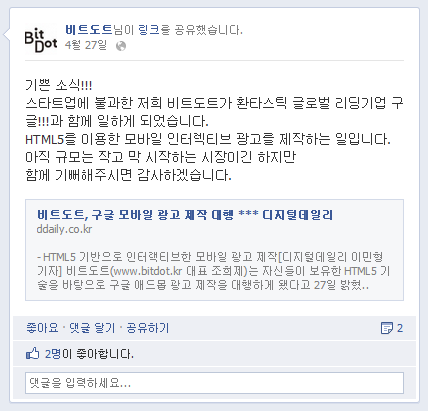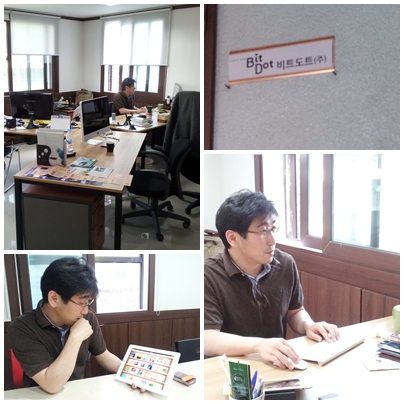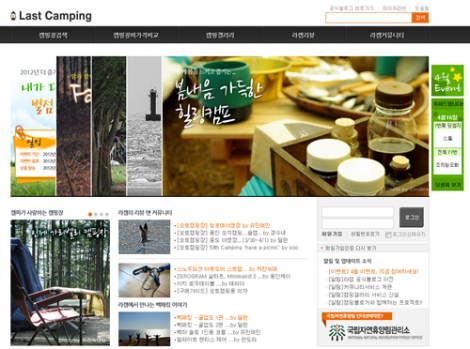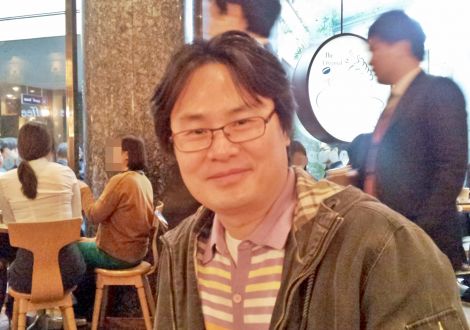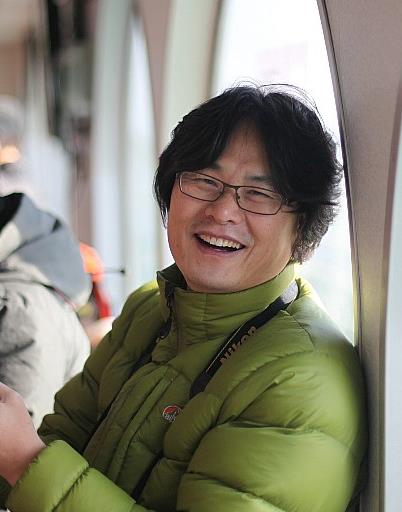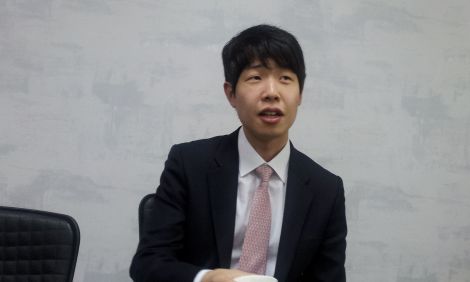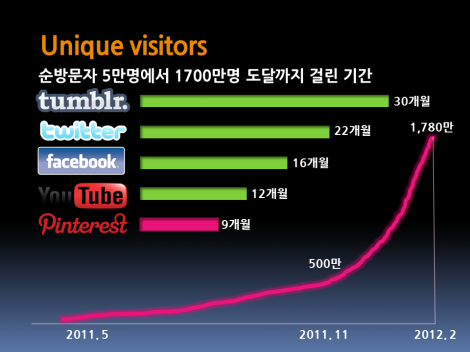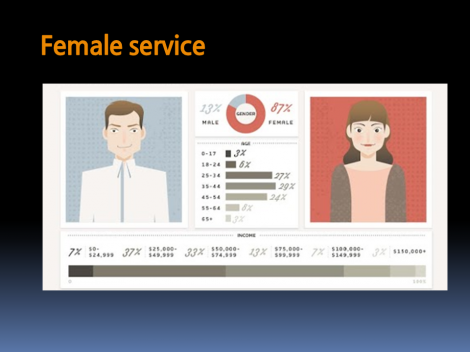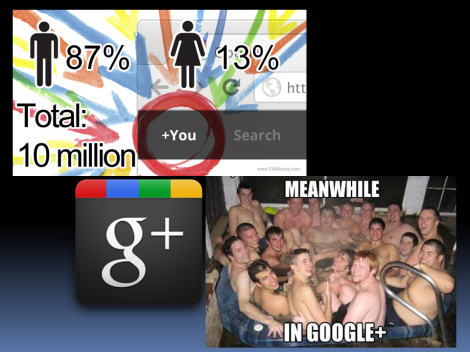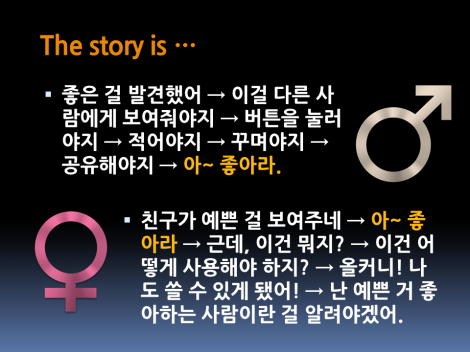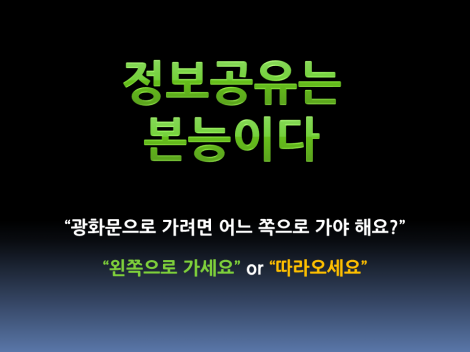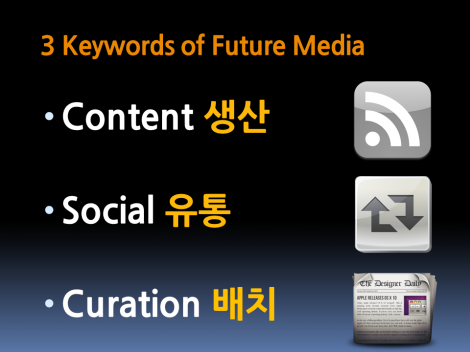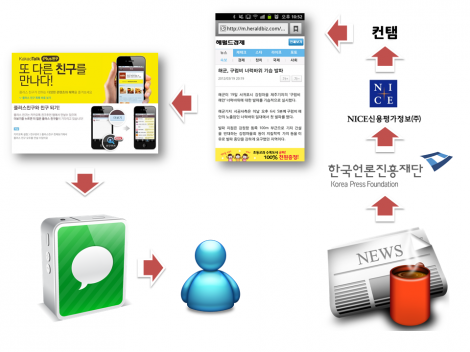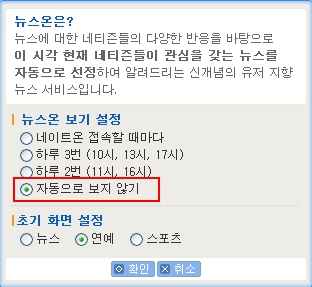오랜만에 날로 먹는(?) 포스팅 합니다. 바쁘다는 핑계도 이젠 민망하네요. ^^; 게을러서 포스팅을 자주 못 올리고 있습니다. 맘만 굴뚝이에요. ㅎㅎ
오늘은 오전에 연세대를 다녀왔습니다. 국제미디어 컨퍼런스가 열렸긴 때문이지요. 2년에 한 번씩 열리는 이 컨퍼런스는 동남아는 물론 극동 아시아 지역의 외신기자들의 연합체가 주관하는 행사입니다.
이 자리에 패널로 초대를 받아 갔구요.
관련된 내용은 아래 기사로 행사 블로그에 올라왔군요.(빠르죠? ㅎㅎ)
Myung Seung-eun, chair of the Korea Business Blog Association in Seoul, said that
the online environment in South Korea faces restrictions, especially for those who produce satire and for those who criticize the current government. While such commentary is typically void in traditional media, the online outlets, particularly podcasts, blogs and social media, have taken the lead in producing such content. The government can and has censored posts, commonly those that express a pro-North Korean message.
Union journalists working for FBS, MBC and YBC have been on a 440-day strike to protest the suspected political leanings of the companies’ CEOs. Supporters have organized and expressed their views via social media.
Myung also noted that the presidential election will be an indicator of which type of media — either social media or traditional media — will have the most power.
- New media jump barriers to censorship
그런데 제가 현장에서 한국어로 말을 하다보니 동시통역사분께서 실수로 말을 하셨는지 아니면 글쓴이가 잘못 알아들었는지 방송사 용어나 날짜 등이 오기 돼 있네요.
그래서 어차피 이렇게 나간 거, 제가 준비했던 스크립트를 블로그에 공개하겠습니다. 현장에서는 시간 관계상 자세하게 이야기하지 못한 내용도 있긴 합니다만 흐름을 이해하시는 데 편하길 겁니다.
How new media/social media have transformed your countries in the way people are informed and express opinions, gather and protest, pressure their governments -- as well as how governments react to such public pressure and protest. What changes now and what you predict in the future are the result of social media?
패널로 나온 분들은 말레이시아와 중국의 온라인 여론 통제에 대한 이야기를 했습니다. 저는 한국의 사례를 이야기하는 역할이었구요.
일단 주제는 위와 같은 내용이었습니다. 제가 짧게 이야기한 내용은 아래와 같습니다.
먼저 6, 7분 안에 이야기할 수 있을 내용일지는 모르겠지만 아래 내용으로 이야기를 하고 싶습니다.
I’m not sure if I can explain all the changes that are going on in Korean media in less than ten minutes but I’ll focus on some game changing developments.
한국의 미디어는 이미 소셜미디어가 매스미디어와 적절하게 균형점을 잡아가면서 경쟁하는 단계라고 볼 수 있습니다.
I think it’s safe to say that Korea media has come to a point where social media is beginning to compete on a more equal footing with legacy media.
지 난 총선 때 여당의 내부 반성과 적극적인 미디어 활용을 가능하게 한 것은 '나꼼수'라는 인디 저널리스트들의 팟 캐스트였습니다. 이 팟캐스트는 수백만 명이 다운로드해서 들었고 내용은 대부분 대통령을 조롱하고 정부와 여당의 부정한 내용에 대한 의혹을 이야기하는 인터넷 방송에 불과했습니다. 하지만 많은 사람들은 매스미디어의 견제에도 불구하고 이 팟캐스트에 열광했으며 전국을 돌며 이 인디 저널리스트들은 토크 콘서트라는 오프라인 강연회를 가지며 오프라인 영향력을 확대해갔습니다. 이들은 실제로 서울시장 보궐선거에서 강력한 힘을 발휘했습니다.
One famous example is the social media phenomenon of “Naggomsu” -- a socio-political satire podcast created by indie-journalists who spoke out on issues that Korea’s legacy media ignored.
This podcast reached #1 on iTunes at one point and recorded millions of downloads. Much of the content made fun of the Korean President and criticized the government and government party, sometimes discussing various rumours about those in power.
Despite legacy media’s efforts to restrain this renegade media, many many Koreans fell in love with this podcast. The indie-journalists who ran the podcast toured all over Korea and even the US in these “Talk-Concerts” and turned their online influence into an offline movement.
매스미디어는 팟캐스트의 내용을 무시하다가 나중에서야 독자들과 시청자들이 이 팟캐스트에 관심을 갖는 것을 느끼고 총선 근처에서는 이 팟캐스트 주인공들을 본격적으로 취재 대상으로 삼기도 했습니다.
Korean legacy media at first ignored the podcast and the issues it raised but when it realized how influential it was among the Korean public, it even interviewed and featured the podcast journalists during the last election.
정부는 이 팟캐스트 진행자 가운데 한 명은 정치적인 허위사실을 유포했다며 구속시켰으며 다른 진행자들은 다양한 이유로 소송과 검찰 조사를 가하며 압박을 이어나가고 있습니다.
The Korean government responded by accusing one of the podcast presenters of spreading false political information and put him into jail. Other presenters of the podcast, continue to be under various lawsuits and investigations by the police.
이 정치 팟캐스트는 한국의 소셜미디어의 파괴력과 영향력에 대한 증거라고 할 수 있습니다.
This political podcast is one proof of the influence of Korean social media and how it can disrupt the political status quo.
http://www.nytimes.com/2011/11/02/world/asia/lampooning-leaders-talk-show-channels-young-peoples-anger-in-south-korea.html?_r=1&scp=1&sq=lampooning&st=cse
현재 한국의 많은 이슈들이 온라인에서 먼저 회자되고 매스미디어가 이를 후속 보도하는 형태로 가고 있습니다. 물론 매스미디어의 아젠다에 소셜미디어가 폭발적으로 반응하는 경우도 많습니다.
More and more so than ever, it is through social media that issues become “hot” and influential. Of course social media still responds, sometimes explosively, according to legacy media’s agenda.
한국에서 뉴스는 이제 매스미디어의 전유물이 아니라 주위 친구들이 전달해주고 그 전달해주는 소식을 재 확산해주는 내 주변 소셜 미디어 사용자들의 것이 되어가고 있습니다. 또한 이러한 소식들을 빠르게 접하고 온라인으로 공유하고 확산하는 역할은 매스미디어의 온라인 뉴스 담당부서들의 역할입니다. 이들은 흔히 '낚시질'이라 표현되는 선정적이고 자극적이고 호기심을 불러일으키는 제목을 달아 온라인에서 회자되고 있는 소식을 다른 독자들에게 빠르게 전달합니다. 반대로 이러한 소셜미디어와 매스미디어의 빠른 회전을 악이용하는 사례도 발견되고 있습니다.
News in Korea is no longer the sole property of legacy media but rather it’s becoming information that social network users are sharing with their friends.
News outlets have created online news desks focused on finding these social media issues and expanding on them online. Often they’re called “낚시질" or fishing for news and news outlets often sensationalize them in hopes to find more eyeballs.
But there have been problems in this extremely quick production of news from social media and legacy media. As anywhere else in the world, there are problems of verification, accountability and trust.
한국은 이미 온라인이 미디어의 모든 분야, 콘텐츠 생산, 확산, 편집, 영향력 발휘 등의 전 과정에서 역할을 하고 있다고 할 수 있습니다. 이것은 지난 몇 년 전까지만해도 정부와 매스미디어가 무시하던 영역이었지만 지금은 매스미디어 종사자들이 정권의 부당한 개입에 대한 저항을 하는 과정에서 적극적으로 활용되고 있습니다.
Basically, Korean online media has progressed to the point where non-legacy media folks can create, edit, and distribute content and become influential. Until recently, Korean legacy media has ignored this development, but now many legacy media professionals have joined the fight against the Korean government’s efforts to contain and control Korean media.
YTN, KBS, MBC PD와 기자들은 정권이 친정부적인 사장을 통해 표현의 자유를 억압하고 있다며 파업을 하고 있습니다. 이 과정에서 매스미디어 참여자들조차 온라인의 영향력을 얻기 위해 해적 방송을 만들거나 팟캐스트를 제작하고 유튜브에 자신들의 주장을 담은 별도의 뉴스 영상을 배포하는 역할을 하기도 합니다. 현재 한국의 방송사 노조들은 140일이 넘는 시간 동안 파업을 진행중입니다.
YTN, KBS, MBC producers and journalists are striking against their CEOs for being pro-government and suppressing their freedom of expression. They have started to make pirate broadcasts or podcasts to win influence online and to make their case to the public directly. 쏘They have been on a 140-day strike.
YTN 해직 기자들은 '뉴스 타파' 라는 자체 뉴스 방송을 유튜브에 올려 방송에서 하지 못했던 취재 내용을 보여주었으며 MBC 메인 뉴스인 '뉴스데스크' 기자들은 파업중에 따로 '제대로 된 뉴스데스크'라는 뉴스 프로그램을 만들어 인터넷으로 유포하면서 저항하고 있습니다.
Fired YTN reporters have created a Youtube news program called “News Tapa” to show reports that they couldn’t produce at their former stations. Likewise, reporters from MBC’s headline show “News Desk” are creating pirate news program called “News Desk Done Right” and distributing the content online.
공중파 방송에서 의도적으로 배제된 연예인과 시사평론가 등 출연진들은 여전히 트위터와 페이스북, 블로그를 통해서 그 영향력을 이어가고 있습니다. 이미 현직 매스미디어 종사자들이 온라인 소셜 미디어의 영향력을 인정하고 있다는 말입니다
Entertainers, experts and presenters blacklisted from the major broadcasters continue to win influence through Twitter, Facebook and blogs.
These efforts show that legacy media professionals now acknowledge the influence of online social media.
올해 말 한국에서는 대선이 예정돼 있습니다. 아마도 이 대선이야말로 매스미디어와 온라인 소셜미디어의 위상이 확실하게 드러나는 이벤트가 될 것 같습니다.
This is a presidential election year and the upcoming election will be an opportunity to examine the relationship between legacy media and social media.
---------->
그리고 현장에서 질문이 있었습니다.
한국에서 140일이나 방송사 기자들이 파업을 하는데 뉴스 프로그램은 어떻게 만드냐구요.
한국 방송사에서는 비노조원 방송 담당자들과 프리랜서를 동원해 프로그램을 만들어가고 있다고 했습니다.
또한, 한국에서는 국가보안법이란 것이 있어서 통제하고 있다고 알고 있는데 한국 서비스도 아닌 외국 서비스의 경우에는 어떤 식의 통제가 있냐고 하더군요.
중국과 같다고 말했습니다. 실정법을 어기면 포털사나 ISP를 통해 서비스를 닫게 만들 수도 있고 URL, IP, 계정 단위로 해외 서비스를 차단시키는 경우도 상시적으로 일어나고 있다고 했습니다. 물론 이런 사례들은 국가보안법 외의 청소년법, 정보통신망법 등을 2중 3중 규제가 가능하다고 답했습니다.
외신 기자들의 반응은... 한국에서 어떻게 그런 일이.. 하는 표정이더만요. ㅎ












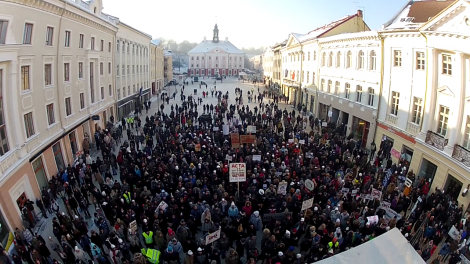

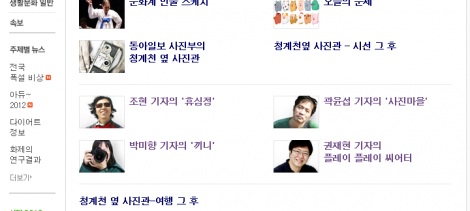

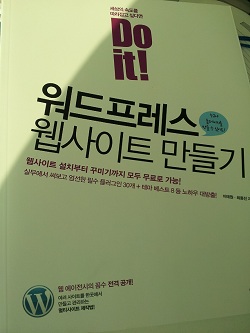
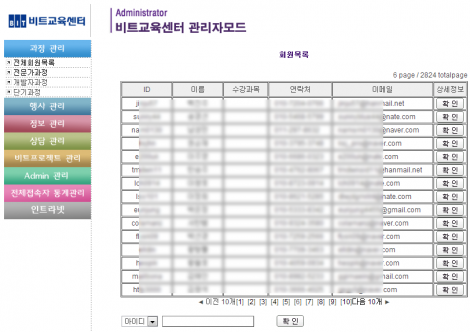
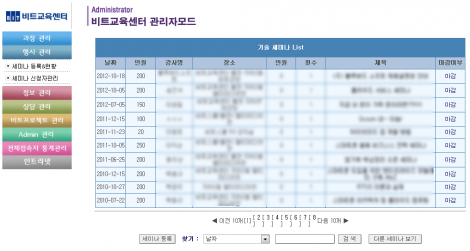
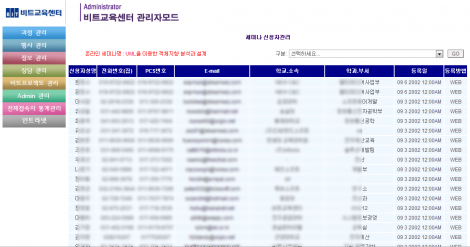
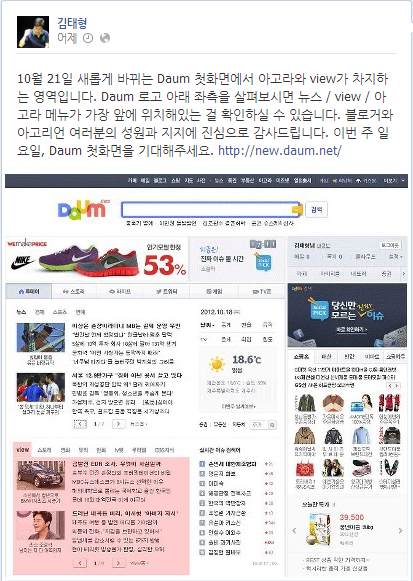
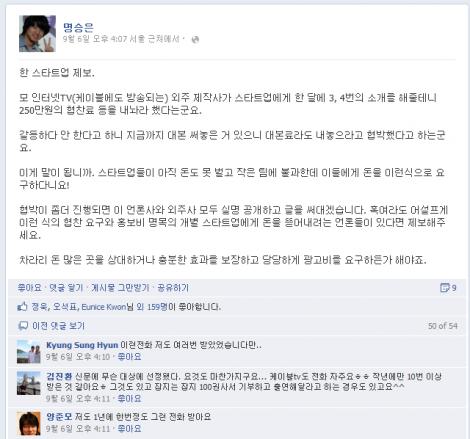
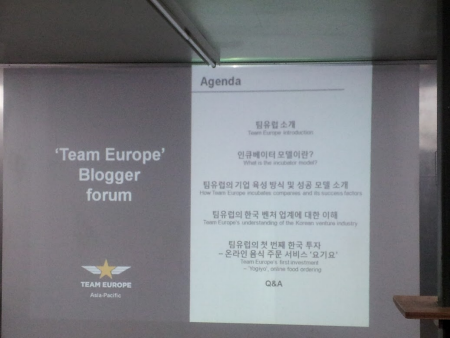
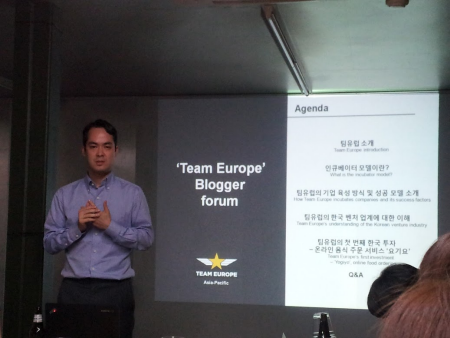
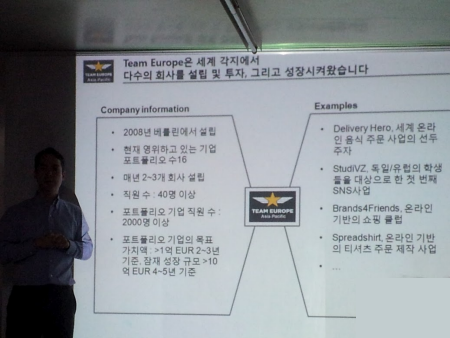
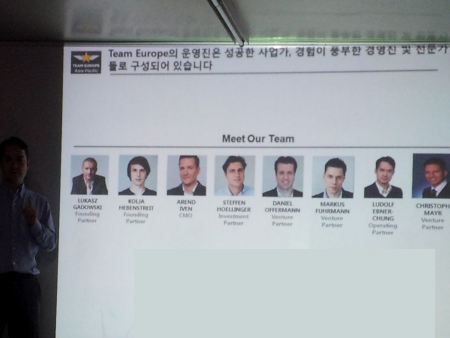
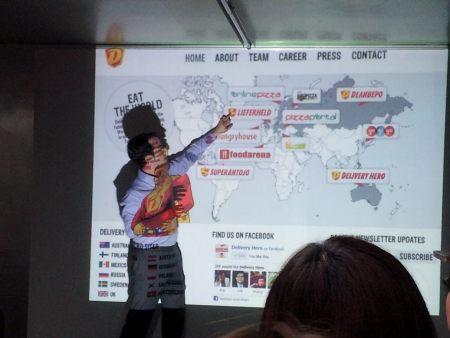
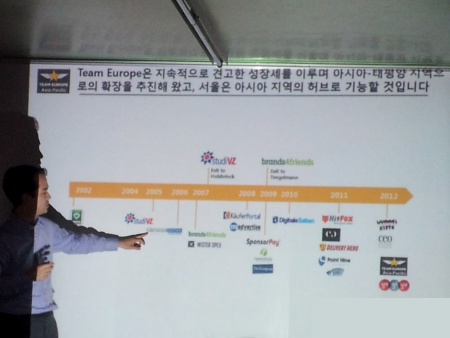
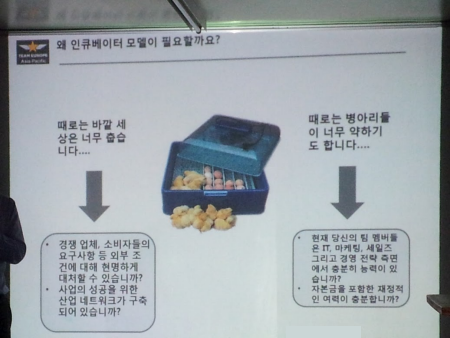
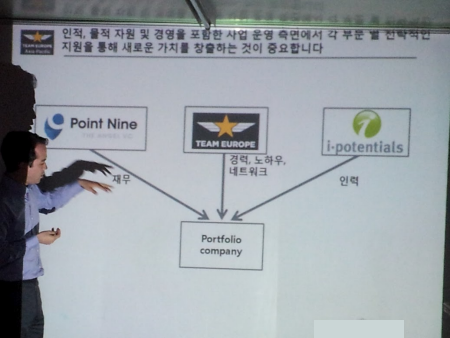
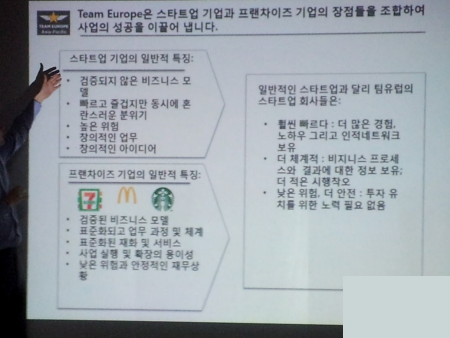
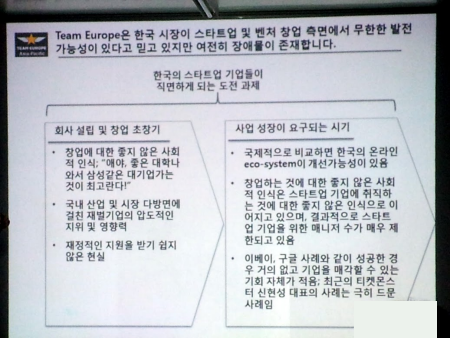



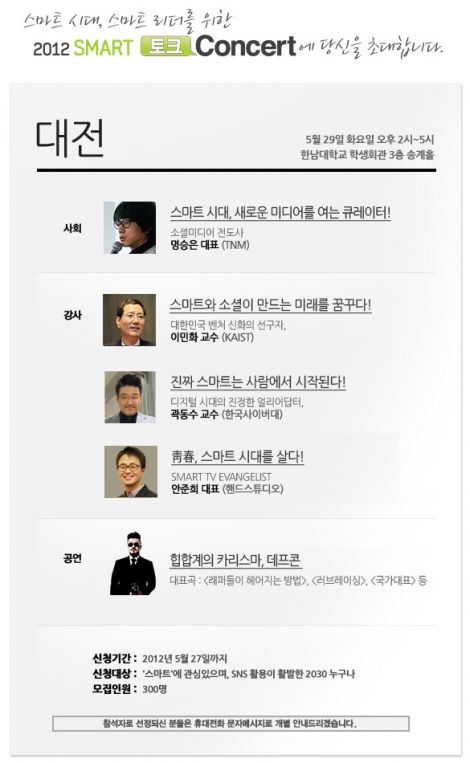


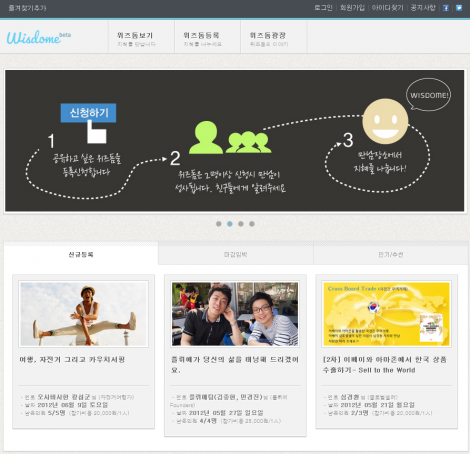
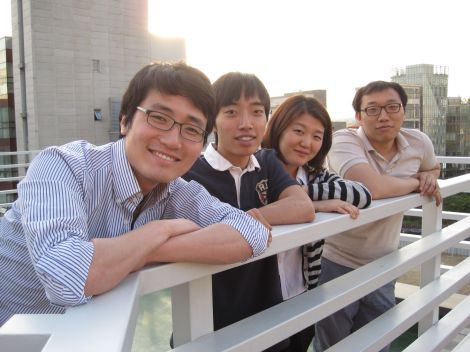
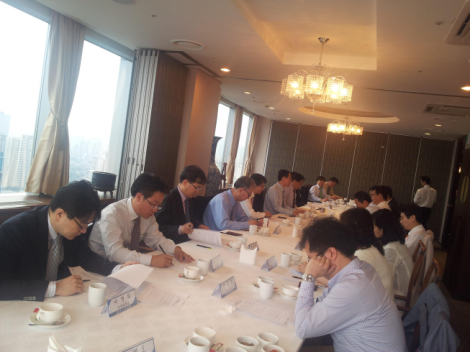
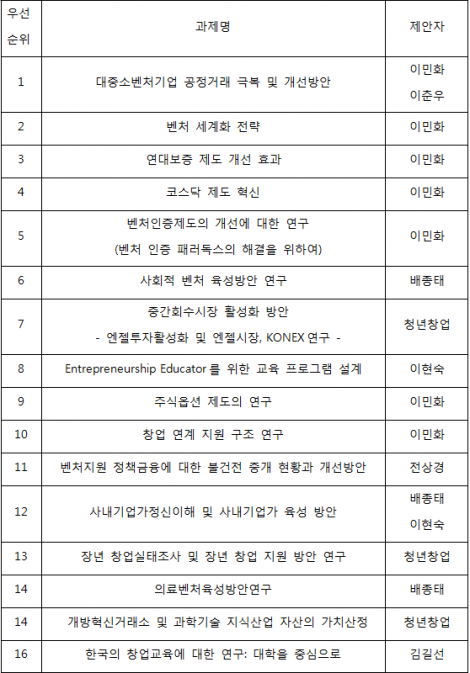
 벤처정책제안 정리_우선순위순.pdf
벤처정책제안 정리_우선순위순.pdf